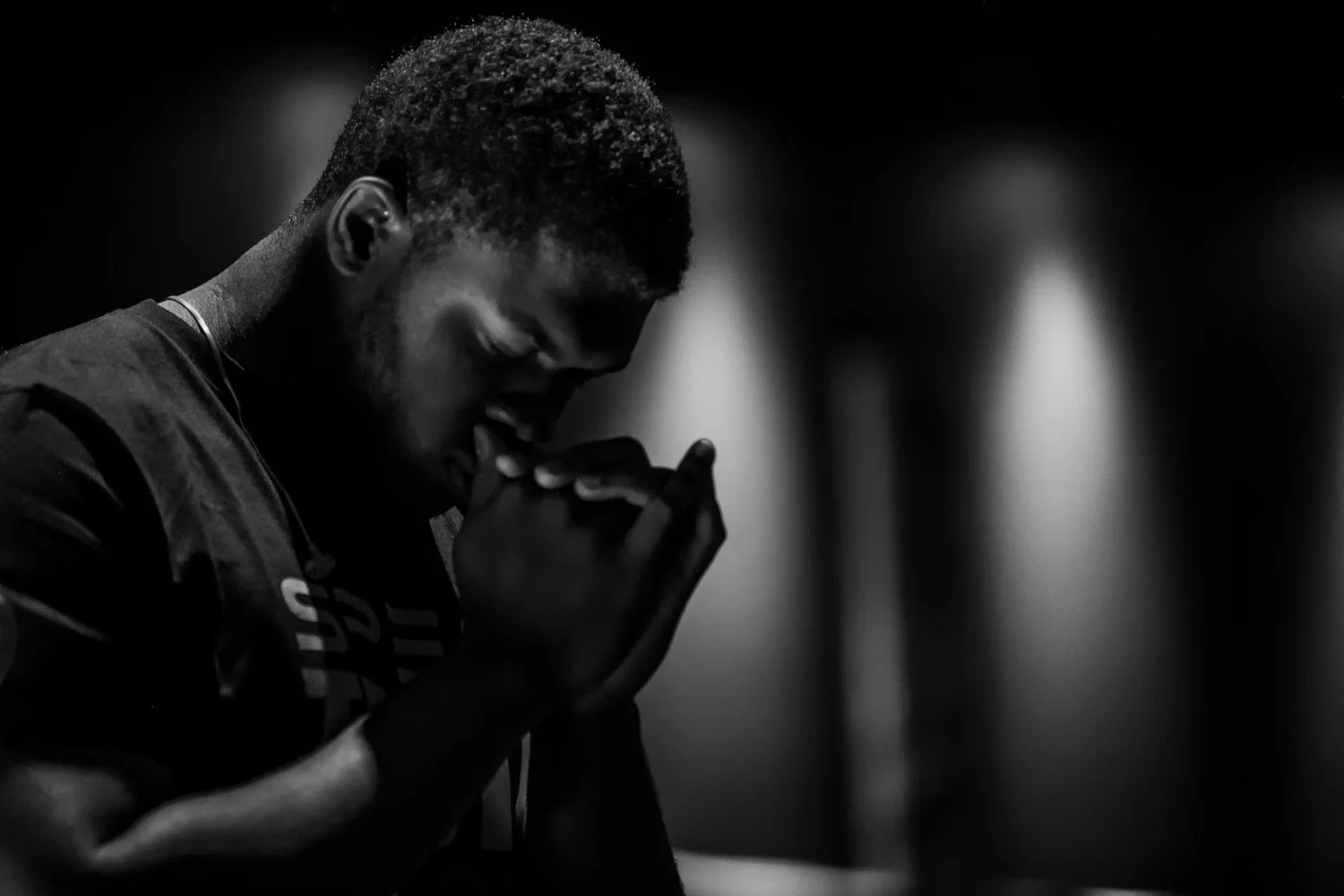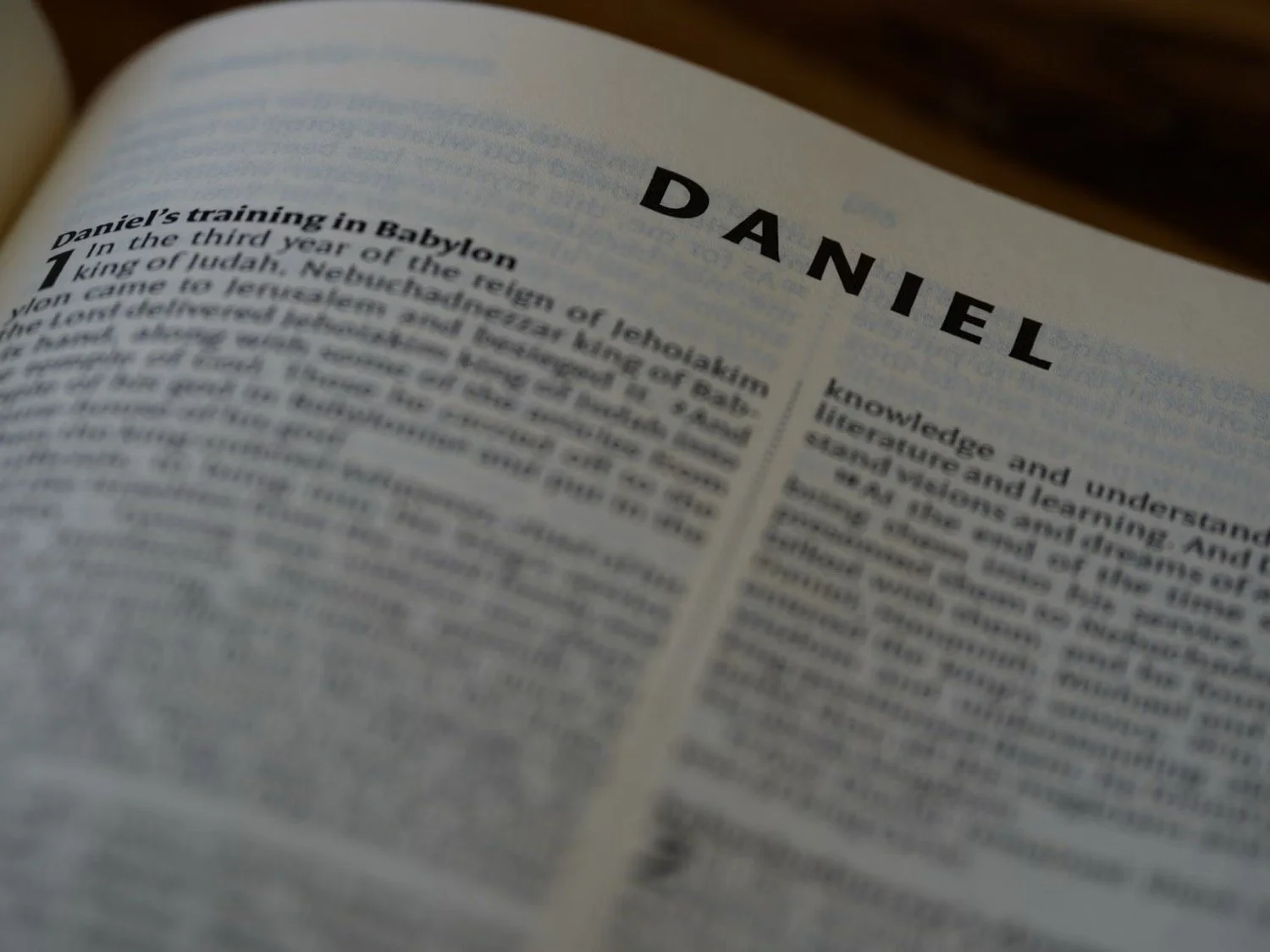Readings for today: Exodus 33-36
Imagine you are an ancient Israelite. Camping out at the foot of Sinai. You’ve spent generations enslaved in Egypt. All you know about God is what you’ve seen and experienced. Unbridled power over the heavens and the earth. Terrifying plagues. Pillars of fire and cloud. Seas parting. Manna falling. Smoke and fire and thunder and earthquakes emanating from the top of a mountain. Swift and harsh judgment when you crossed this deity. This God is certainly not safe. He is certainly not tame. He is certainly not domesticated to your needs, wants, and desires. You probably have a lot of questions about this God. Can He be trusted? Will He be faithful? Will He keep His promises?
You look to Moses. The man who speaks with this God face to face. The man who seems to know this God intimately. The man who intercedes with this God on your behalf. Moses, tell us about this God. Moses, who is this God? Moses, does this God even have a name? Yes. His name is YHWH. I am who I am. He is "The Lord, the Lord, a God merciful and gracious, slow to anger, and abounding in steadfast love and faithfulness, keeping steadfast love for thousands, forgiving iniquity and transgression and sin, but who will by no means clear the guilty, visiting the iniquity of the fathers on the children and the children's children, to the third and the fourth generation." (Exodus 34:6-7) Ahhh. Things are now starting to come into focus. This God is not simply omnipotent. He is benevolent. He is gracious. He is merciful. He is faithful. He is true. He abounds in steadfast love. And though His justice will be meted out over three to four generations, His favor will last forever. This is good news! This is great news! This is the God of Israel! The God of Abraham, Isaac, and Jacob! Now we see! Now we understand! Now we worship not just in fear but in awe and wonder at all God has done!
As I shared the other day, you have put yourself into the story. You have to put yourself in the sandals of an ancient Israelite. They do not have the benefit we do of looking back post-resurrection. They do not know anything about a Messiah. They haven’t yet seen the Promised Land. The kingdom God will forge under David’s leadership is still generations away. There have been no prophetic warnings. No psalms written. No proverbs issued. They haven’t even been given the Levitical Law. No wonder they struggle. No wonder they rebel. No wonder they complain. They have so little to go on here.
Not so with us. We have the full revelation of God. As the Apostle John says so beautifully, “That which was from the beginning, which we have heard, which we have seen with our eyes, which we looked upon and have touched with our hands, concerning the word of life— the life was made manifest, and we have seen it, and testify to it and proclaim to you the eternal life, which was with the Father and was made manifest to us— that which we have seen and heard we proclaim also to you, so that you too may have fellowship with us; and indeed our fellowship is with the Father and with his Son Jesus Christ. And we are writing these things so that our joy may be complete.” (1 John 1:1-4) John is referring to Jesus, of course. The perfect revelation of God. The perfect icon of God. The perfect image of God. The Word of God made flesh and blood and come to dwell among us. In Him the fullness of God was pleased to dwell. In Christ is the wisdom and power of God. In Christ is the joy and peace of God. Christ is the mercy of God. The grace of God. The faithfulness of God. The steadfast love of God. What God first revealed to Moses up on that mountain comes to its fullest expression in a manger in Bethlehem. “And we have seen his glory, glory as of the only Son from the Father, full of grace and truth.” (John 1:14)
How did Moses respond when God revealed Himself to him? He bowed his face to the ground in worship. How did Israel respond when God revealed Himself to them? They bowed their faces to the ground in worship. How do we respond to the revelation of God in Jesus Christ? We bow our faces to the ground in worship. Friends, we worship a jealous God. A God who cares deeply about receiving the worship He deserves and the worship He demands. How are you living your life today as an act of worship?
Readings for tomorrow: Exodus 37-40




